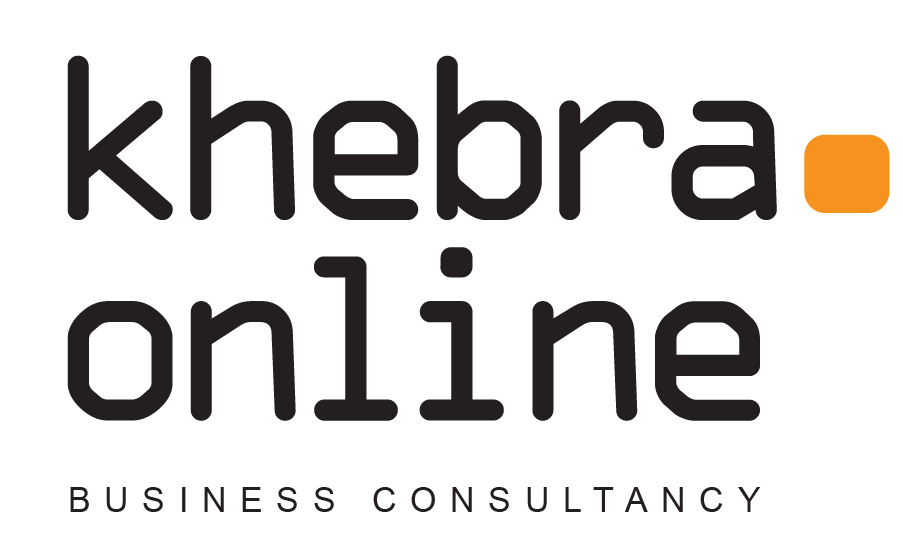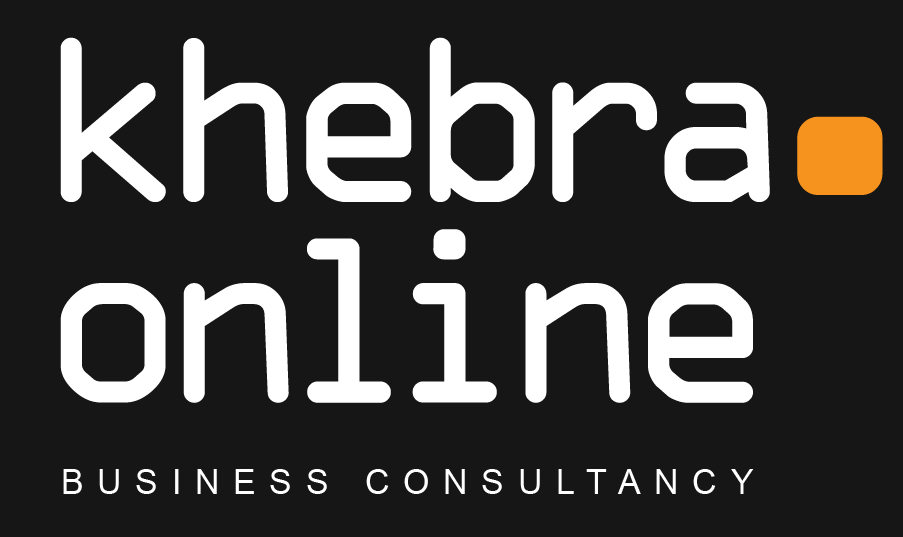System Counsultancy
ERP & E-commerce System Consultancy | Khebra Online
At Khebra Online, we specialize in ERP and e-commerce system consultancy to help businesses streamline operations, improve efficiency, and achieve sustainable growth. Our expert team provides tailored solutions to address your unique challenges, from system integration and data analysis to scalability and security compliance. Explore how our system consultancy services can transform your business.
Understand Client Needs Thoroughly
- Initial Consultation:
- Pain points
- Goals
- Current challenges with their ERP and e-commerce systems.
- Gap Analysis: Identify the gaps between the client’s business processes and the capabilities of their current systems.
Assess Current Systems
- ERP System Assessment:
- Evaluate how well the current ERP system integrates with other systems.
- Handles inventory
- Order management
- Financials
- Customer relationship management (CRM).
- E-commerce Platform Evaluation:
- Check for scalability
- Flexibility
- User experience
- Integrations with third-party apps like payment gateways, shipping solutions, and marketing tools.
- Data Analysis: Review the quality of data flow between the ERP and e-commerce platforms, ensuring data consistency and accuracy.
Key Performance Indicators (KPIs)
- Operational Efficiency:
- Measure system performance based on inventory turnover
- Order fulfillment time
- Eror rates in data entries.
- Sales & Marketing KPIs: Assess conversion rates, cart abandonment rates, and customer retention metrics on the e-commerce platform.
- Financial KPIs: Analyze revenue recognition, profitability by product, or customer segment through the ERP system.
Evaluate Technology Stack Compatibility
- Integration: Ensure seamless data flow between ERP and e-commerce platforms. Recommend improvements if the systems don’t “talk” to each other efficiently.
- Customization Flexibility: Assess whether the current ERP system is customizable and can be adapted as the client’s business grows.
- Automation Potential: Identify processes that can be automated (e.g., automatic stock updates between e-commerce and ERP, order processing).
Identify Scalability Issues
- Future-Proofing: Ensure the current systems can handle projected business growth without requiring frequent overhauls or costly upgrades.
- Cloud vs On-Premise: Evaluate whether a cloud-based solution might offer better scalability, cost savings, and operational efficiency than the current setup.
Security & Compliance
- Data Security: Evaluate the system’s data protection measures, especially for sensitive customer and financial information.
- Compliance: Ensure that the e-commerce platform and ERP meet legal requirements (like GDPR, CCPA) and industry standards.
Provide Detailed Recommendations
- ERP Improvements: Offer suggestions on optimizing processes like supply chain management, financial tracking, or customer data management.
- E-commerce Platform Recommendations: Suggest changes or upgrades that will enhance the customer shopping experience, improve conversions, and streamline back-office operations.
- Technology Tools: Recommend new tools or systems (ERP, CRM, inventory management, etc.) that are a better fit for the business model.
Develop a Roadmap for Implementation
- Step-by-Step Plan: Create a phased roadmap for implementing the suggested improvements, balancing quick wins and long-term goals.
- Training & Support: Ensure the client’s staff is trained on how to use the new systems effectively, and provide support during the transition phase.

